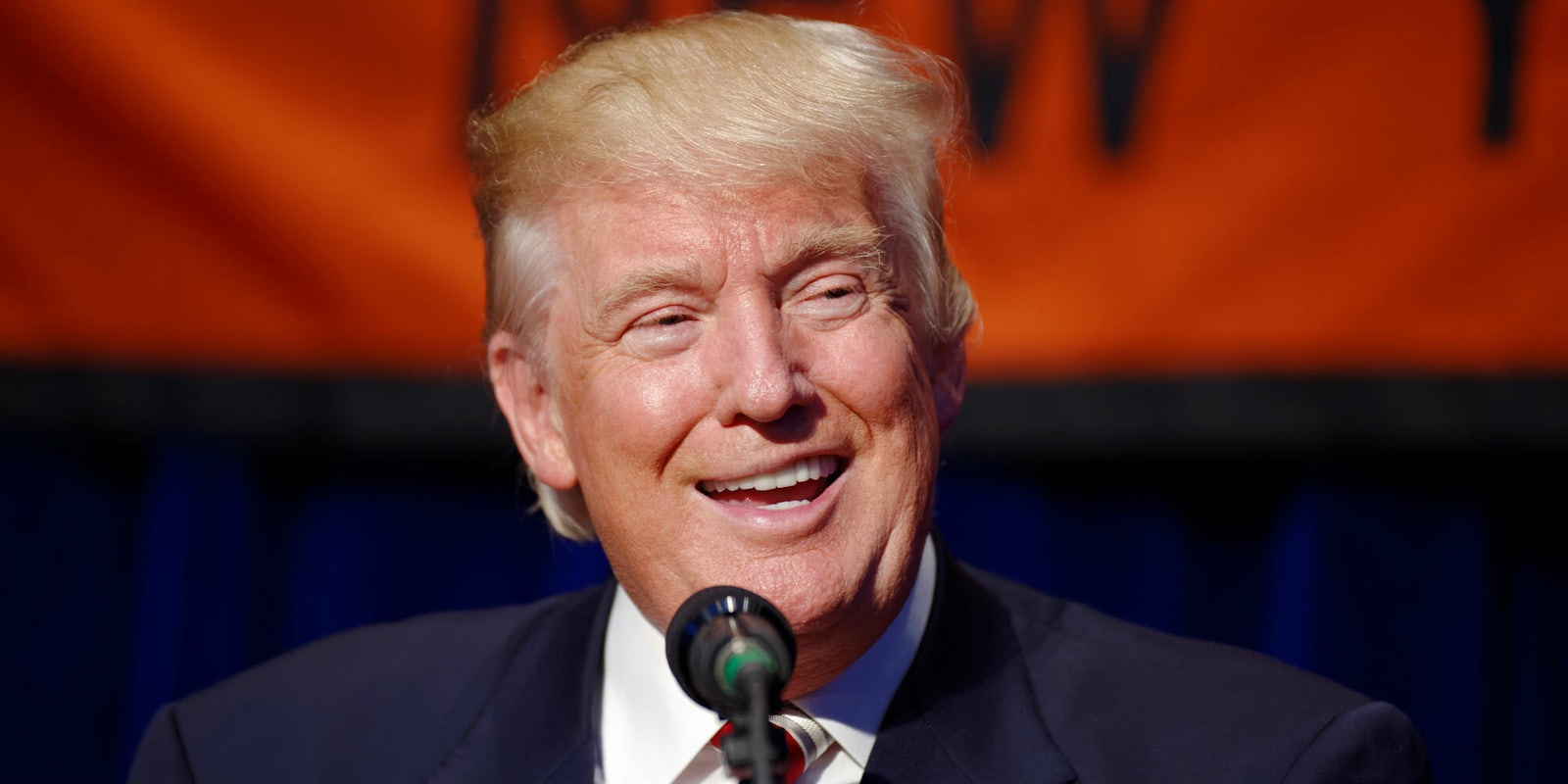Twitter issued a statement Friday explaining why it doesn’t take down controversial tweets posted by world leaders. It claims suspending a political figure from its platform or removing their posts would “hide important information people should be able to see and debate.” It also argues that these actions would “not silence” leaders but would “hamper necessary discussions around their words and actions.”
Though it doesn’t directly address the incident, Twitter’s explanation is a response to users who requested that it remove President Donald Trump’s recent tweets aimed at North Korea. The president threatened the nation in a tweet Tuesday evening with a “nuclear button” that is “much bigger and more powerful” than the one belonging to Kim Jong-un.
The post seemingly broke Twitter’s new rules on violent threats, which claim the social media site “will not tolerate behavior that encourages or incites violence against a specific person or group of people.”
North Korean Leader Kim Jong Un just stated that the “Nuclear Button is on his desk at all times.” Will someone from his depleted and food starved regime please inform him that I too have a Nuclear Button, but it is a much bigger & more powerful one than his, and my Button works!
— Donald J. Trump (@realDonaldTrump) January 3, 2018
Without naming the president, Twitter hit back at those who have accused it of desperately giving into the demands of one user because he attracts attention and revenue.
“No one person’s account drives Twitter’s growth, or influences these decisions,” the company said. “We work hard to remain unbiased with the public interest in mind.”
This is just the latest in a series of excuses Twitter has offered for letting Trump post without punishment. Twitter justified its decision to not remove a similar threat posted in September by citing an “internal rule” that protected the president’s tweets because they were considered “newsworthy.” It then further shielded the president by including a loophole to its new guidelines, making government entities an exception to its misunderstood rules.
The company has faced harsh criticism for how it enforces its rules. Earlier this week, a group of protestors projected “@Jack is #complicit” on Twitter’s main headquarters building in San Francisco. It appears not even public ridicule was enough to convince the social network to punish its most prized member.


